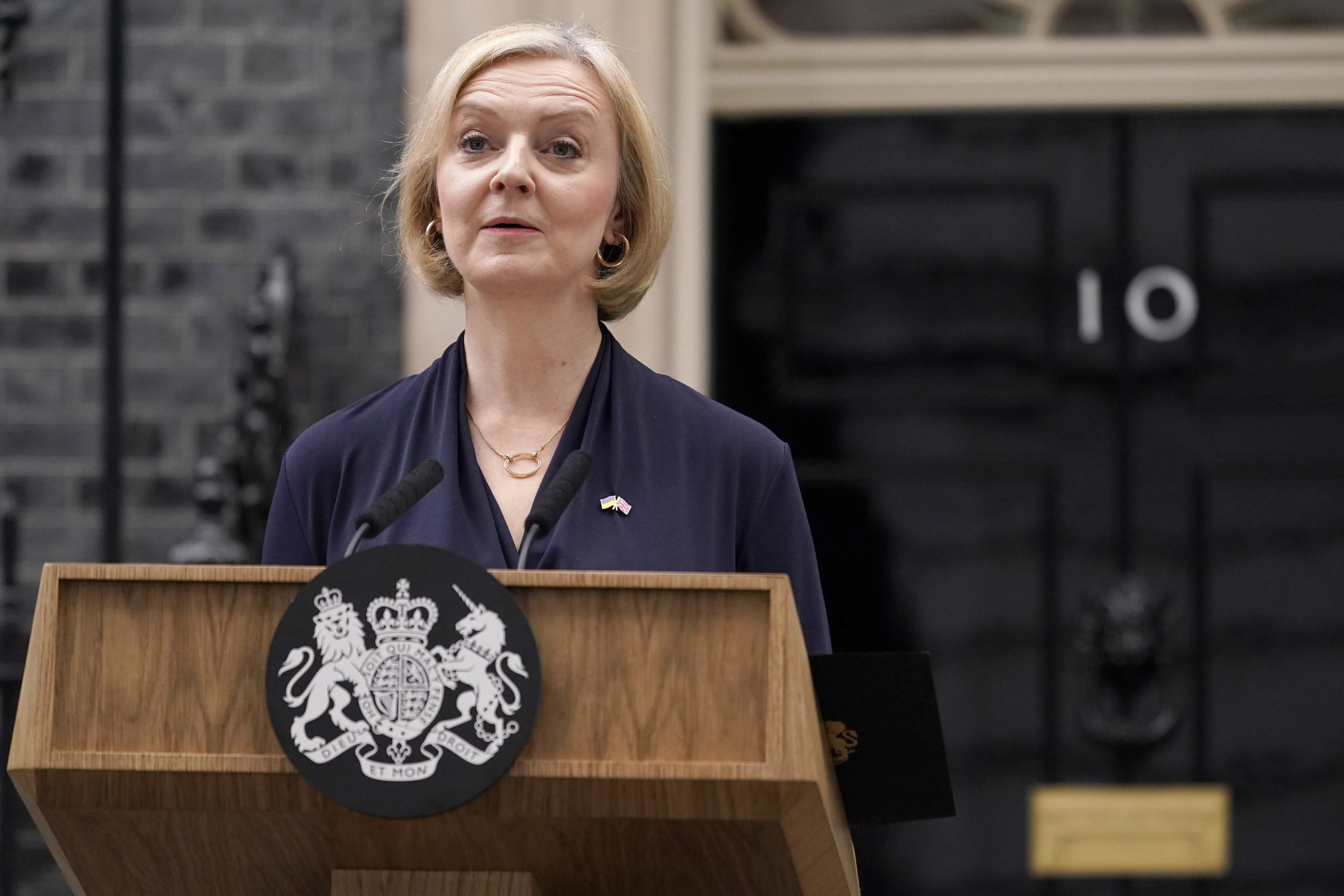One of the biggest headlines leaving everyone scratching their heads is UK’s Prime Minister abrupt resignation. At just 45 days Liz Truss will now go down in history as the shortest-serving prime minister in British History. Though it sounds bad, her sudden resignation is not the worst thing she could do. Some could argue that what she decides to do after resigning could be worse.
Shockingly, ex-prime minister Truss, is entitled to claim expenses of $129,000 a year for the rest of her life. According to CNN, Truss can receive payments under the Public Duty Costs Allowance. The allowance reimburses former prime ministers for office and secretarial costs that arose from their public duties.
The question now is will she take the money? Right now, many politicians are weighing in advising her to decline the money. The main reason being right now the average person in Britain is dealing with a struggle to pay bills and a cost-of-living crisis. There is no news of her stating she will not accept the annual payment, so until then you can only assume.
So, why did she quit? According to the New York Times, her tax cut plan, which critics say largely benefited the rich, played a major role in her decision to resign. In response to her plan the country’s financial market declined. She did try to abandon the plan, but the damage was done. Regardless of why, she simply couldn’t hack it.
Truss is an example of what one study reveals is becoming more common across the nation. According to the 2022 Women in the Workplace report women who hold leadership roles are more likely than ever to quit as a result of dissatisfactions at work.
Key take aways from the report showed women tend to deal with more microaggressions that undermine their authority. Of the women surveyed, nearly half said flexibility was a top consideration when joining or leaving a company. The study’s author says bottom line is companies that don’t act will struggle to recruit and retain.


















Add comment